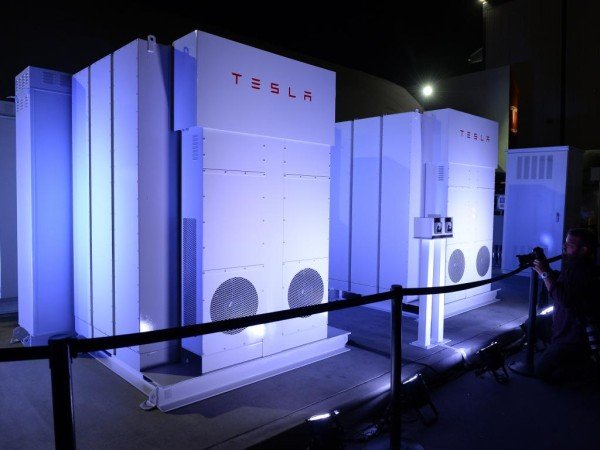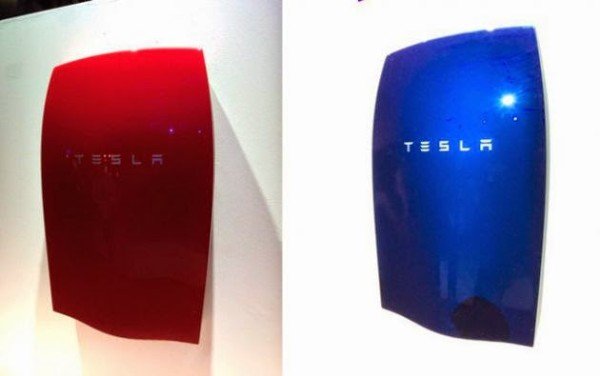Is this the Beginning of the End for Fossil Fuels?
When water is treated for use, it could be stored in reservoirs. For energy, when it is produced, it must be used. Technology to store energy in high amounts for future use is not available.
This situation hampers efforts to making renewables the energy for the future. If the sun is not shinning in the night, and the wind is not blowing, it means there will be no energy for consumers pursuing these renewables. But if there is a technology that can store energy, so that when the sun or the wind is not available; consumers can rely on it, making renewables the ultimate choice for the future. We can be rest assured that the future of energy will be clean.

In the race to ensure that a technology is invented to store energy, Elon Musk and Tesla Energy announced that it has completed the manufacturing of a new energy storage system, which will store energy for consumers; especially those using renewable sources such as the sun and the wind. Clean energy activists say this new invention by Tesla Energy will change the energy landscape of the world. Musk has invested much of his time and efforts into the manufacturing of electric cars, and is also currently developing a new set of concepts to make life more easy and comfortable for humanity. He announced in April 2015, that the new energy storage equipment is known as Powerwall, and can hold up to 10 kilowatt hours (kWh) of electric energy. The Powerwall is made from a rechargeable lithium-ion battery. It stores electricity for domestic consumption, load shifting, and backup power. The bigger variant, which is available for industrial use, is known as Powerpack and has a storage capacity of 100 kWh.

The Powerwall has two different models, using two different generic cell chemistries. It uses proprietary technology for packaging and cooling the cells in packs with liquid coolant. The daily cycle 7 kWh battery uses nickel-manganese-cobalt chemistry, and can be cycled 5000 times. The other is a 10 kWh battery, which uses a nickel-cobalt-aluminum cathode like the Tesla Models, and is for weekly or emergency use and has higher energy density. It delivers an average of two kilowatts and all for $3,500. This translates into an electricity price of around $500 per kWh, which is less than half of the current cost of electricity in the United States. It is said that for individual households, this new Powerwall will bring the cost of energy down to around six cents per kWh, meaning that domestic system storage would still come out ahead of coal-fired power delivered through the conventional grid. Musk believes that the entire electric power grid of the United States could be replicated with just 160 million of these utility-scale energy storage units. The innovative billionaire also estimates that globally, two billion of the utility-scale units could provide storage for 20 trillion kWh of electric power, which could power the entire world.
Observers believed the invention shows much promise and could be a more cost effective solution for power, and that if it is given the needed support and attention, energy will become cheap and accessible to many individuals, especially those in the third world. These groundbreaking batteries are being manufactured in the United States. The manufacturing site is situated in Nevada, California. The technology for the manufacturing of the batteries is readily available. In 2015, the company sold some of the batteries to members of the public in the United States. More than 50,000 households placed orders to purchase the batteries to store energy. This amounted to about $179 million for the company. Industries also ordered about 25,000 units of the Powerpack, estimated to be around $625 million.
vote vote vote :D .... I want to buy a Tesla powerwall
Come oooon guys... vote for free energy!